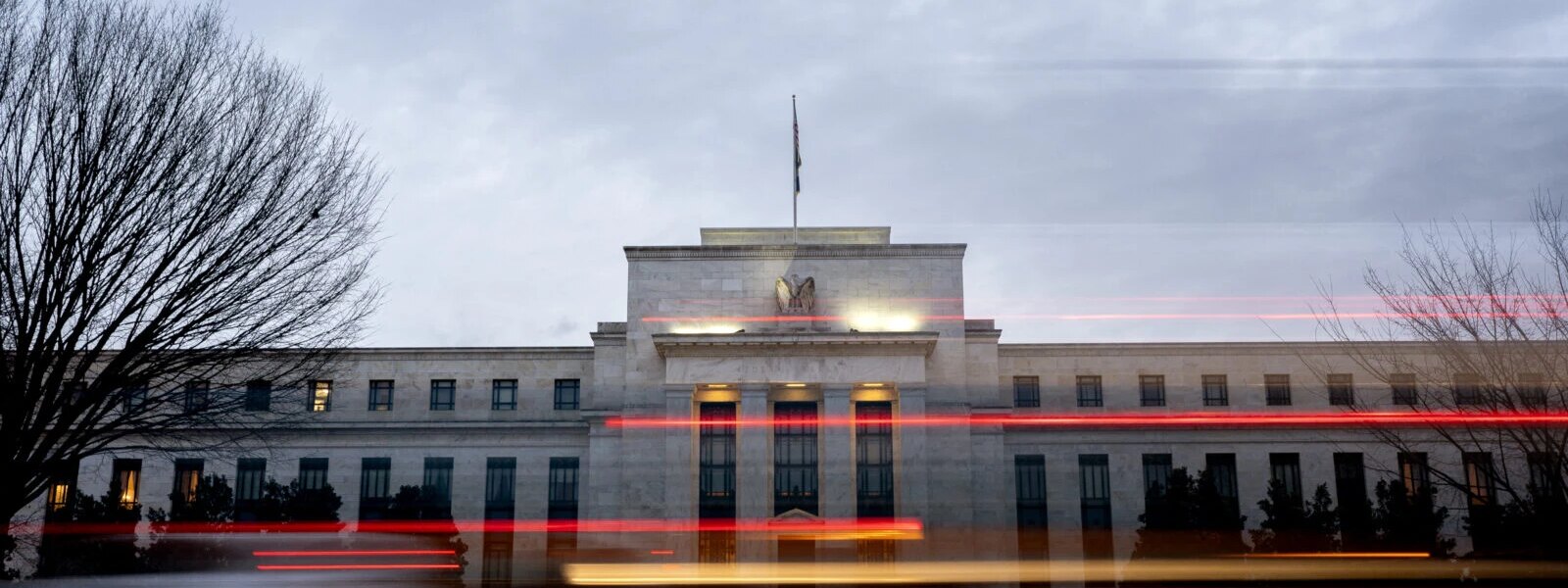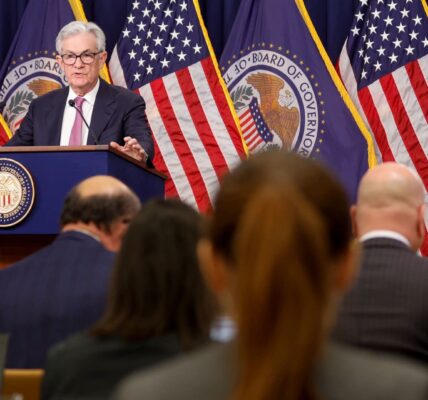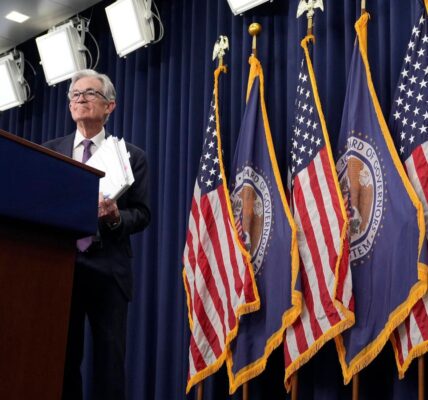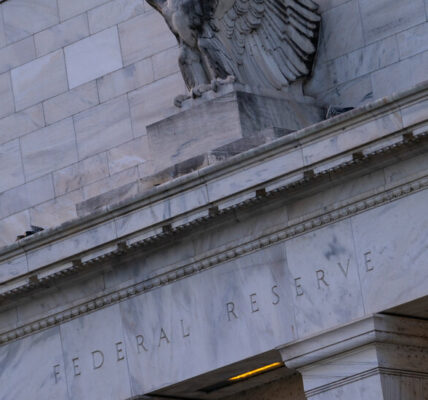Prominent U.S. banks filed a lawsuit against the Federal Reserve on Tuesday over stress tests, describing their implementation as “opaque” and a hindrance to economic growth.
“For years, we have highlighted serious concerns about the stress testing framework and the need for reform,” said the Bank Policy Institute, which represents US banking giants, large regional lenders, and international banks operating in the United States.
BPI is leading a coalition that includes the US Chamber of Commerce, the American Bankers Association, and the Ohio Bankers League, who are challenging the Fed’s implementation of stress tests following reforms enacted in the wake of the 2008 Global Financial Crisis.
Large banks have often argued that post-2008 capital requirements are excessive and harmful to businesses that need loans.
“The current opaque regime, combined with the lack of clear standards for the global market shock and the operational risk charge, continues to produce capital charges that are inaccurate, volatile, and excessive, resulting in reduced lending and economic growth,” BPI said.
The Fed did not immediately respond to a request for comment. On Monday, the Fed announced that it planned to soon seek public comments on “significant changes to improve the transparency” of the stress tests and reduce volatility on required capital buffers.
A Fed statement noted that since the inception of the tests more than 15 years ago, large banks have more than doubled their capital levels, an increase of more than $1 trillion. “The Board will continue its exploratory analysis, which assesses additional risks to the banking system in ways that are separate from the stress test,” the Fed said on Monday. “The analysis would be used to inform bank supervision and financial stability assessments.”
BPI welcomed the Fed’s statement Monday “as a first step towards transparency and accountability,” but the group believes “it is necessary to file this suit to preserve our legal rights,” said BPI President Greg Baer.





